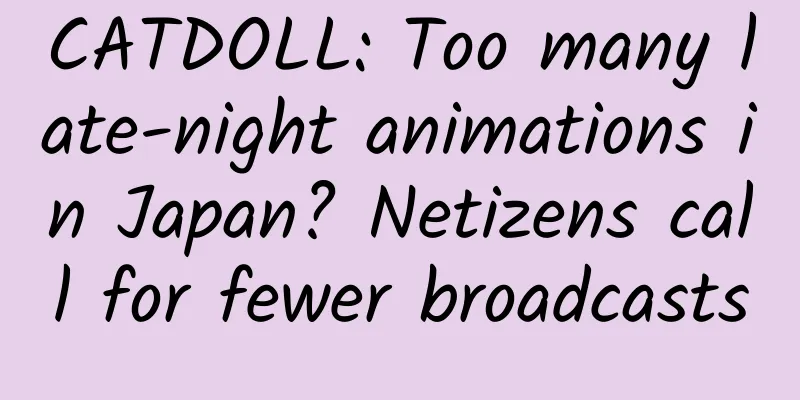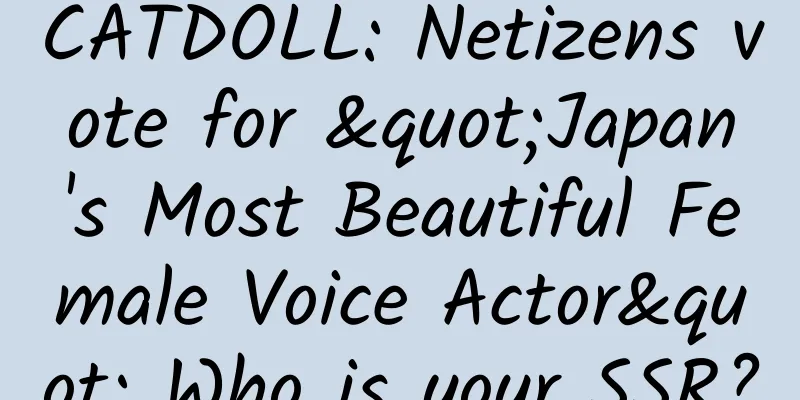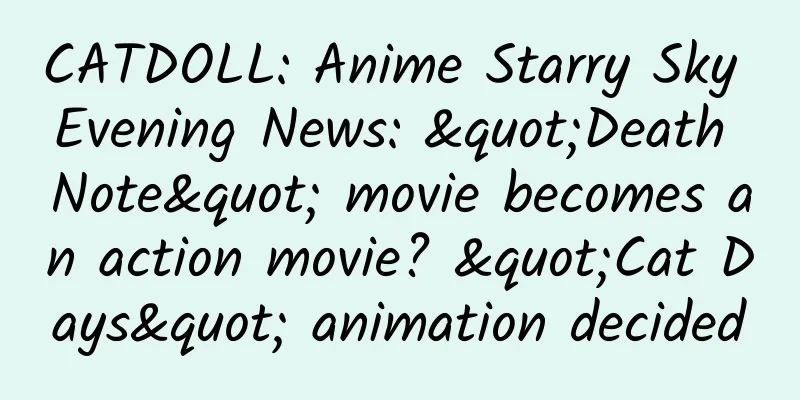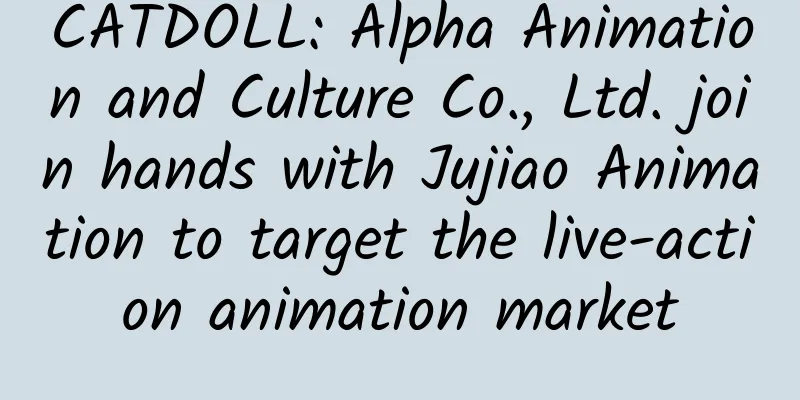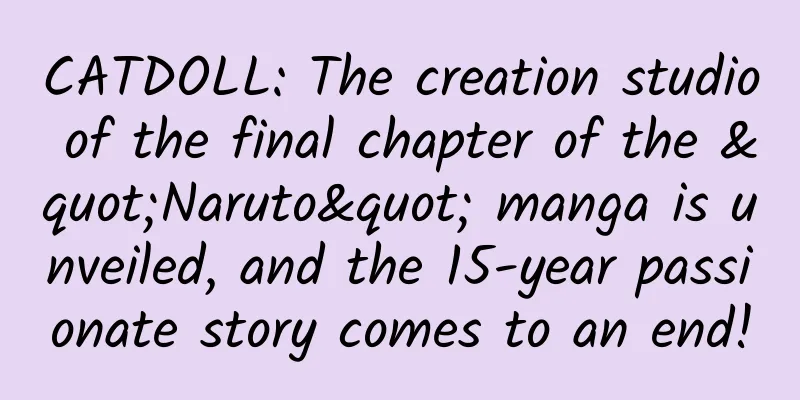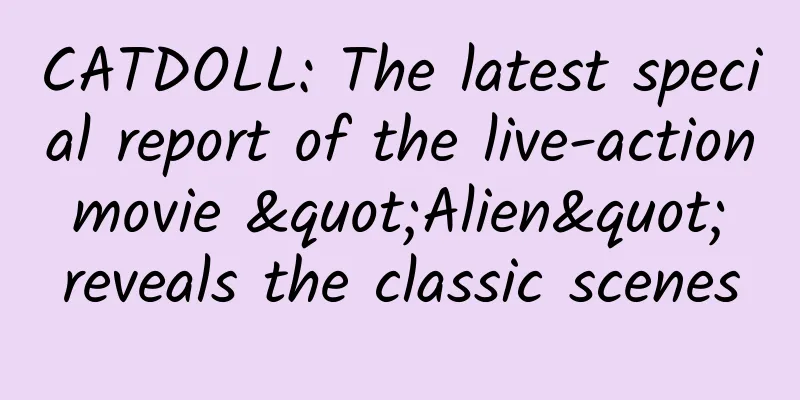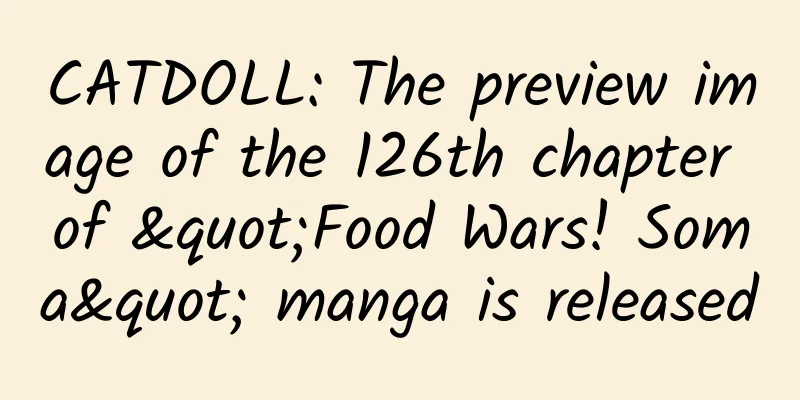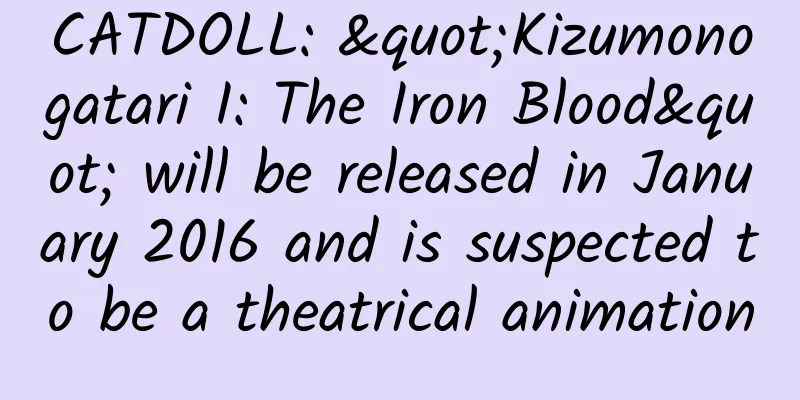CATDOLL: Japanese media: How to distinguish between plagiarism and tribute?
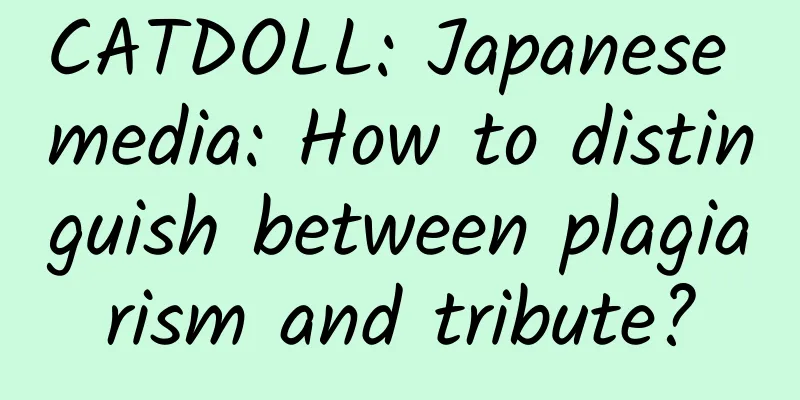
|
In recent years, the discussion around "copycat", "tribute", "plagiarism" has never stopped. Whether it is on TV, in newspapers or on the Internet, as long as similar incidents appear, they will immediately cause an uproar. However, there is a huge difference between "tribute" and "plagiarism" in terms of meaning and impact. There is even a more ambiguous term such as "similar in style". So what is a tribute and what is plagiarism? Recently, a Japanese media made a special comment. Let's take a look! ■A big difference between plagiarism and tribute is "whether to respect the original work" Generally speaking, the so-called "tribute" means that the producer is influenced by the original author and the work he respects, and produces a work with similar ideas. Therefore, it is often used interchangeably with the word "respect". On the other hand, if there is no respect and respect for the original work, and there is no unique conception and expression of the creator, but it is simply imitating and copying, then it will be called "plagiarism". A well-known case is that the movie "Seven in the Wild" can be regarded as a tribute to the "Seven Samurai" directed by Akira Kurosawa, and the comic "Dragon Ball" is also a tribute to "Journey to the West". However, people often say that "the foundation of creation lies in imitation", and many of Shakespeare's plays are composed of the "delicious" parts of previous works. Even in Japan, "honkadori" originated in the Heian period, which is a way of expressing one or two lines of well-known ancient waka (honka) in one's own works. ■If it is an excellent imitation, it is a "tribute", but if it is a bad imitation, it is "plagiarism"! ? Among the creators in the ACG field, Mr. K, who has close ties with the publishing industry, commented on the topics of plagiarism and tribute. "Let's talk about a classic story. In a small town in the wilderness, a tramp came. He met a woman who looked very unfortunate and a cynical young man. The tramp talked to the young man about the topic of 'what is a man', and then the three of them set out on a journey to find the woman the tramp once loved..." "Isn't this The Yellow Handkerchief of Happiness?" "I was going to talk about Fist of the North Star (laughs). That's it. The so-called plots are probably similar to some extent, and people always say there are only a few dozen types of plots. What I want to emphasize is that plagiarism or imitation is inevitable. To put it more extreme, there is a lot of plagiarism in the world. If the plagiarism is good, it is a 'tribute', otherwise it is 'plagiarism', right? " K also added: If the author of a work can proudly say "my work is from NETA from XX place", then it can be considered a "tribute", otherwise it is plagiarism. And even if it is the same subject matter, as long as the creator can show it from different entry points and different angles, then it may be considered "original". ■ The result of not being able to create original products is that they are labeled as "plagiarism" On the other hand, should the media, which continuously produces such "plagiarized" and "copied" works, bear any responsibility? "In a word, it's a kind of 'disrespect for customers'. Nowadays, people often say 'Let's make a work similar to Attack on Titan~', 'Let's make something like this or that, let's make something that was popular before'. The jobs that producers receive are all these things. The media cannot seriously spend time and money to polish original products, which may also lead to the problem of 'plagiarism' surfacing." (K) After hearing the above comments, we as the media can't help but feel that they are harsh and need to correct our attitude. In the rapidly developing Internet society, the concept of "information = free" has long been deeply rooted in people's minds. Whether it is television or magazines, these "free" information are copied and then reproduced again, slowly circulating some long-distorted wrong information... Maybe the current situation is such a vicious cycle. As a result, we cannot be down-to-earth and rely on our own efforts to find materials, but only rely on "free" information that is easy to get. Perhaps this is also the reason for the problems of "plagiarism" and "tribute". Having said that, it is undeniable that the difference between the two is still very vague. The content output by the media and creators will eventually be evaluated by the audience and users. If it is praised, then sales will increase, and naturally the benefits will come. In this process, there will be discussions about "plagiarism" or "copycat", which in a sense is also a reflection of the sound function of the market. To exaggerate a bit, most people accept "interesting things" and reject "boring things". Maybe this is the dividing line between "copycat" and "tribute". In addition, even as a media and producer, you must always remember that you are judged by the public and produce your works on this basis. |
<<: CATDOLL: Mobile Suit Gundam UC COMPLETE BEST was named the best anime album of 2014
Recommend
CATDOLL: The voice actors of the January 2016 series "Uncle and Juicy Candy" announced that Hanazawa Kana and others will appear
The TV animation adapted from the popular manga &...
CATDOLL: In the 823rd chapter of One Piece comics, Blackbeard flattened the base of the Revolutionary Army?
The 823rd chapter of One Piece has been translate...
CATDOLL:Key's new animation "Star Dream" has released the preview of the characters
Key has confirmed that the short AVG adventure ga...
CATDOLL: The special video of the movie "One Piece: ONE PIECE FILM GOLD" reveals the new fruit ability user
The new 2016 movie version of One Piece, One Piec...
CATDOLL: Shonen Jump official: "Bleach" manga will be completed within 10 weeks
On the 15th anniversary of the serialization of &...
CATDOLL: "Shinsengumi Ibunroku Tetsu" is being adapted into an animation and WHITE FOX is in charge of the production
The animation of "Shinsengumi Ibunroku Tetsu...
CATDOLL: The official emoticon package of "The Clever Ikki" caused public outrage because it was too sarcastic
I believe many people have watched the animation ...
CATDOLL: Anime Starry Sky Evening News: The latest preview of "Food Wars!: Shokugeki no Soma" animation is released. Beijing will host the Hatsune Miku 2016 concert.
Good evening, everyone. It's time to review t...
CATDOLL: The APP with the most cute pictures in history
Recently, a good friend introduced me to a super ...
CATDOLL: The female lead of "Once Upon a Time There Was a Spirit Sword Mountain" is voiced by the voice actor of Robin from "One Piece"
The highly anticipated animation "Once Upon ...
CATDOLL: Nisio Isin's "End Story" will be adapted into a TV animation and aired in October
The Monogatari series work "End of Monogatar...
CATDOLL: Japan's No. 1 light novel editor: The plot and writing style are not important, as long as I like it
When it comes to Japanese comics and light novels...
CATDOLL: "Kabaneri of the Iron Fortress" manga begins serialization promotional illustrations released
The original TV animation "Kabaneri of the I...
CATDOLL: Author of "Big Head Son": There are too many vulgar and shoddy animations
As a classic children's animation, "Big ...
CATDOLL: The advance image of the seventh episode of "Bakuon!" has been released. Will she have to wear a maid outfit when riding a motorcycle?
The preview image of the seventh episode of the n...
